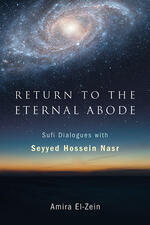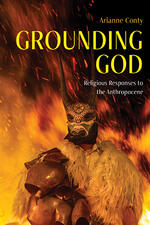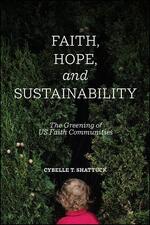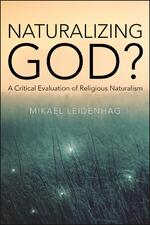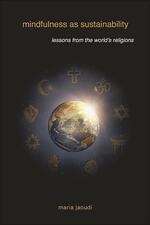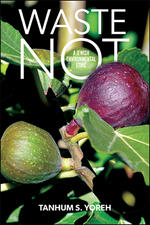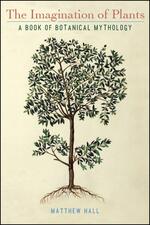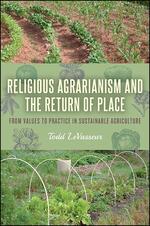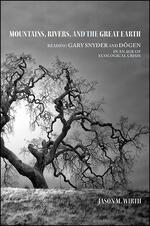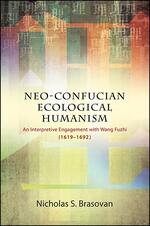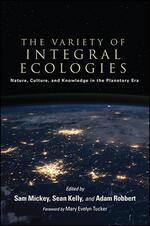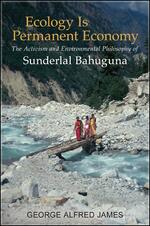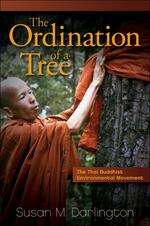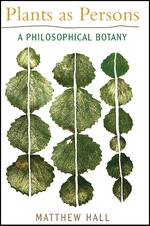Environment and Religion
Return to the Eternal Abode
Thought-provoking, comprehensive, and interdisciplinary conversations on Sufism with one of the world’s foremost scholars of Islamic, religion, and comparative studies.
Grounding God
Looks at how different religious traditions (Christian, Buddhist, neopagan, and animist) have attempted to resacralize the earth and provide new values that include the more-than-human world.
Faith, Hope, and Sustainability
A cross-case analysis of fifteen faith communities striving to care for the earth and live more sustainably.
Naturalizing God?
Evaluates religious naturalists’ attempts to find a middle path between supernaturalism and atheistic secularism, and explores naturalistic, theistic, and panpsychist solutions.
Mindfulness as Sustainability
Offers practical and personal ways to help mitigate global climate change while sustaining an emotional and spiritual center through mindfulness practice.
Waste Not
Traces the development of bal tashḥit, the Jewish prohibition against wastefulness and destruction, from its biblical origins to the contemporary environmental movement.
The Imagination of Plants
Examines the role of plants in botanical mythology, from Aboriginal Australia to Zoroastrian Persia.
Religious Agrarianism and the Return of Place
Examines religious communities as advocates of environmental stewardship and sustainable agriculture practices.
Mountains, Rivers, and the Great Earth
Engages the global ecological crisis through a radical rethinking of what it means to inhabit the earth.
Neo-Confucian Ecological Humanism
Addresses Ming Dynasty philosopher Wang Fuzhi’s neo-Confucianism from the perspective of contemporary ecological humanism.
The Variety of Integral Ecologies
Presents integral approaches to ecology that cross the boundaries of the humanities, social sciences, and biophysical sciences.
Ecology Is Permanent Economy
Explores the nonviolent philosophy and environmental activism of India’s Sunderlal Bahuguna.
The Ordination of a Tree
A firsthand look at the Thai Buddhist environmental movement and its activist monks.
Plants as Persons
Challenges readers to reconsider the moral standing of plants.
